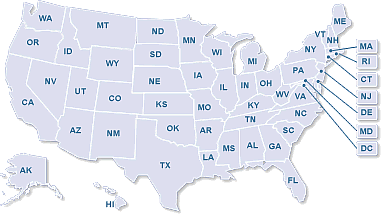Most Tennessee foreclosures are pursued through non-judicial means due to the presence of Power of Sale clauses in mortgages allowing the lender to pursue a foreclosure against a homeowner in default without having to obtain a court ruling. Judicial foreclosures are used in all other scenarios. They begin when the lender files against the homeowner in court. If the court rules against the homeowner, the homeowner will be allowed a short time in which to provide payment, and if they do not, the court will order their property sold at public auction. Homeowners can stop both judicial and non-judicial foreclosures by paying off the default amount at any point up until the date of sale.
To advertise the foreclosure, a Notice of Sale must appear three times in a local weekly newspaper. The first publication must be at least 21 days in advance of the sale. It must also be posted in 5 public locations, one of which must be the courthouse door. It is also considered customary to mail the homeowner a copy of the Notice of Sale.
On the date in question, a trustee of the lender or court official auctions off the property to the highest bidder. The opening bid must be at least 50% of the property's true market value. Once payment has been provided, the winning bidder receives a Certificate of Sale.
The original homeowner can redeem ownership for up to two full years after the sale by paying the amount of the mortgage loan provided to them plus interest. The lender may pursue a deficiency judgment against the homeowner if the sale price of the property does not satisfy the amount of the original loan.



 Versión en Español
Versión en Español 

Social Bookmarks